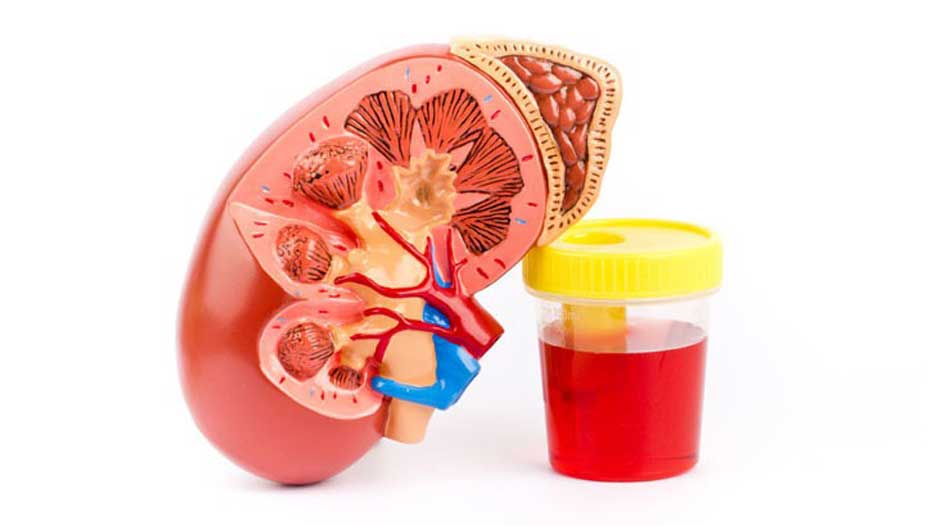
Proteinuria
The main protein of your blood is called albumin. Proteins have many important functions in the body, such as contributing to the construction of bones and muscles, preventing infection and control the amount of liquid in the blood.
Each normal kidney has around one million functioning units called nephrons. Each nephron has a filtering unit called glomerulus, in which the blood gets filtered, and a filtrate is produced. Nephron also has tube like parts called tubules which absorb and secrete urinary components from the filtrate and ultimately urine is produced which is excreted. Protein in the urine called proteinuria is one of the important signs of kidney disease.
Healthy kidneys eliminate excess liquid and waste from your food, but allow proteins and other important nutrients to pass and return to your bloodstream. When the kidneys work as well as they should, they can leave some proteins (albumin) escape their filters in the urine. When you have protein in your urine, it is called proteinuria (or albuminuria). Having a protein in your urine can be a sign of nephrotic syndrome or early development of renal disease.
Anyone can develop proteinuria. You may have a higher risk if you have one or more of the risk factors for renal disease, such as:
- Diabetes
- Hypertension
- Family history of renal disease
How is proteinuria treated?
If you have diabetes or arterial hypertension, the main causes of kidney disease, it is important to ensure that these conditions are controlled.
If you have diabetes, control this means that verifying your blood sugar level, take your medications as indicated by your doctor and maintain a healthy diet and exercise plan. If you have high blood pressure, your doctor will recommend you to take medications to reduce your blood pressure and protect your kidneys from additional damage.
If you have protein in your urine, but you do not have diabetes or high blood pressure, talk to your doctor to choose the best treatment for your situation.



